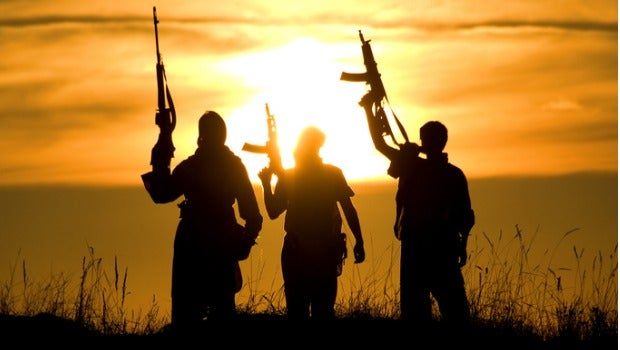As the world waits to learn what efforts the US will put forth in Syria, the Aspen Institute offers a series of opinion pieces from the perspectives of our policy program directors focusing on global security, homeland security, and the Middle East. The first expert featured in our series is Nicholas Burns, the director of the Aspen Strategy Group. He previously served as the State Department’s third-ranking official when he led negotiations on the US–India Civil Nuclear Agreement, and as US ambassador to NATO.
The morning after President Barack Obama’s September 10th evening address to the nation on Syria, Aspen Strategy Group Director and Professor at the Harvard Kennedy School of Government Nicholas Burns — a former State Department official and ambassador — spoke to NPR to give his perspective on the Syrian conflict. Burns discussed Bashar al-Assad’s chemical weapons, a US strategy for Syria, and how the civil war there will affect its neighboring countries.
As Russia’s proposal for Syria to give up its chemical weapons makes its way through diplomatic channels, Obama has asked Congress to delay its vote on a possible US strike in Syria. But the president credited the threat of US military action in Syria for serving as the catalyst for this proposal in the first place. And as Burns discussed the proposal on NPR’s “Morning Edition,” he said he agrees that the US threat of taking action led to the possibility of a more peaceful solution to ending the chemical warfare in Syria:
“It would be difficult to walk into an open-ended agreement, and not have the ability to enforce its conclusions. There’s no reason for the Assad government to give up the chemical weapons until it’s absolutely forced to do so. I think President Obama is right to suggest that the only reason we’re at this place is because President Obama made a credible threat of force. The Syrian government has always looked on its chemical weapons as one of its national assets in the very tough neighborhood in which it lives, so I don’t think they’ll give up these weapons unless their feet are held to the fire.”
But, Burns said, the use of chemical weapons is just one aspect of the two-year massacre in Syria. Aside from the atrocities of mass killings, there is a “huge” humanitarian crisis in the form of refugees:
“I think it’s important obviously to deal with [Assad] on the issue of chemical weapons, but there’s a huge humanitarian crisis now. One-hundred-and-ten-thousand people killed, 6 million people displaced, we’ll have to deal with him on that. And at some point, the United States is going to have to move with the Arab countries, Russia — maybe even Iran — to impose a ceasefire, because this civil war is tearing the country apart, and it’s threatening to engulf Jordan and Lebanon and Turkey as well.”

